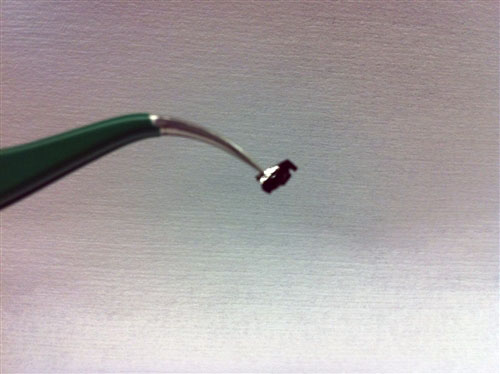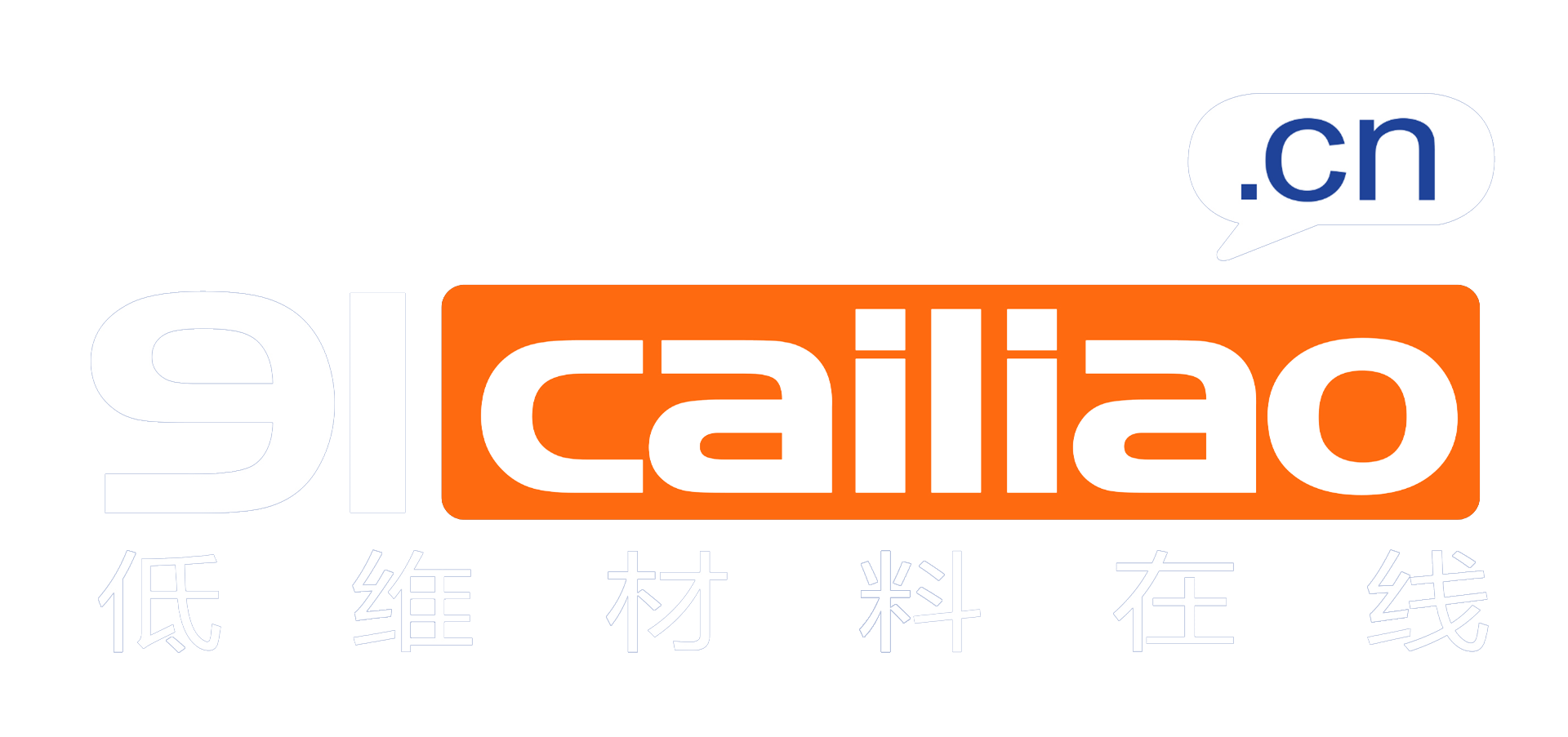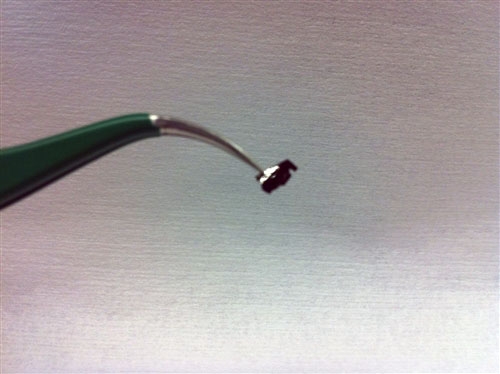Superconductivity in monolayers. Currently, 2D aspect of this material remains largely unexplored. Iron Selenide Telluride (FeTeSe) is a member of layered materials. FeTeSe is considered as the parent material of the simplest family of iron-based superconductors. The crystal structure of iron selenide telluride consists of a continuous stacking of FeTeSe layers, where a square-lattice layer of iron atoms is sandwiched between two twice-sparser layers of bonding chalcogen atoms with in P4nmm space group. Overall, this crystal is similar to other popular layered materials such as graphite, graphene, MoS2, etc. with weak interlayer coupling. Recently, it has been reported that the FeTeSe monolayers become superconducting at 65K > Interface-induced superconductivity and strain-dependent spin density waves in FeTeSe/SrTiO3 thin films (Nature Materials 2013 doi:10.1038/nmat3654) >Phase diagram and electronic indication of high-temperature superconductivity at 65 K in single-layer FeTeSe films Nature Materials 2013 doi:10.1038/nmat3648) The crystal has been developed in 2012 in our state-of-art facilities. The crystals come fully characterized, and ready for exfoliation.





